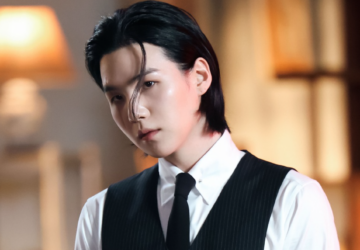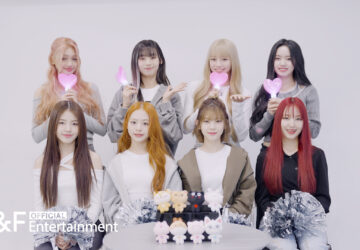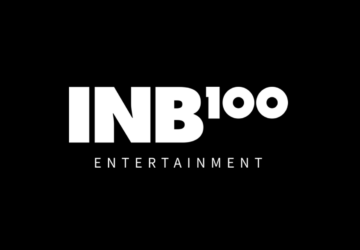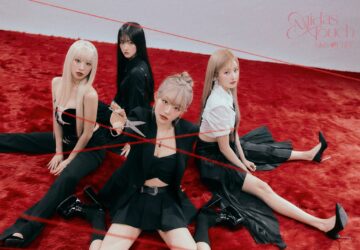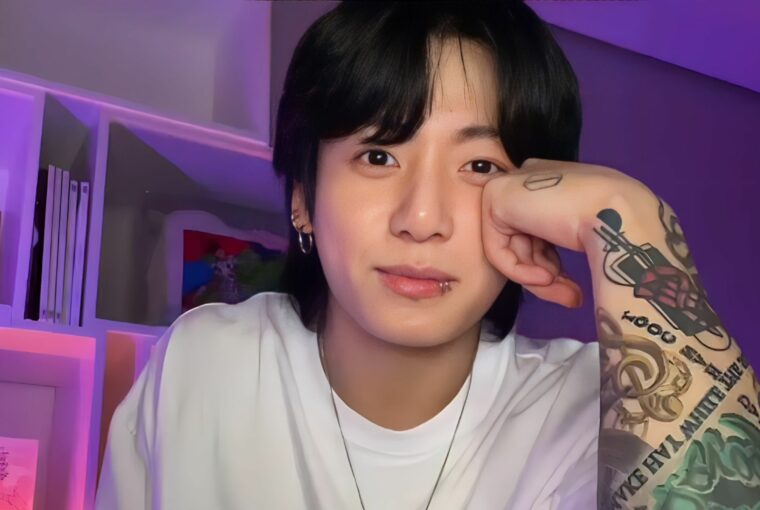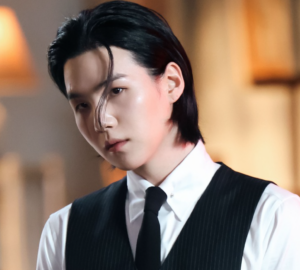On August 22, media reports suggested that BTS‘ Jungkook‘s first solo single, “SEVEN” featuring Latto, might have elements of plagiarism.
정국 (Jung Kook) ‘Seven (feat. Latto)’ Official MV
“SEVEN,” which is primarily in English, was a collaboration of renowned artists and composers such as Andrew Watt, Jon Bellion, Henry Walter, Theron Makiel Thomas, and of course, Latto. However, eyebrows were raised when it was pointed out that the song might have similarities, particularly the “same scale sequence”, with Fin.K.L‘s 2000 release, “Time of Mask.”
Fin.K.L – Time of mask, 핑클 – 가면의 시간, Music Camp 20000122
“Time of Mask” by Fin.K.L, which is a lesser-known track from their SPECIAL album, was crafted by Yang Joon Young. The musician behind the song took the matter to a producer at HYBE, seeking a professional evaluation of the scale sequences in both songs.
Scale sequence 101
When two songs share the same “scale sequence,” it means they both use a specific sequence or pattern of notes from a scale in a similar or identical manner. This could be a unique melody, riff, or motif that stands out in the composition. For instance, if there’s a song whose melody progresses through a series of notes like C-D-E-F-G and another song that features the same progression, that means both songs have the same scale sequence.
@jk_quinn protect seven from plagiarism protect jungkook juskoooo San banda??? #protect #seven #protect #jungkook #atallcost #not #a #plagiarism #stop #it #hatersgonnahate #enough #toxic #people #arf
However, just because two songs have a similar scale sequence doesn’t automatically mean one is a copy of the other. The same sequence might appear in different contexts in each song, accompanied by varying rhythms, harmonies, or instrumentations. Also, certain scale sequences are prevalent in music, especially within genres that have well-established conventions and patterns.
While a shared scale sequence might draw attention, it isn’t conclusive evidence of plagiarism on its own. The broader composition, arrangement, and the song’s overall originality are important factors in determining any potential copyright infringement. Ergo, even if “SEVEN” and “Time of Mask” do share a scale sequence, that doesn’t mean the former is a rip-off of the latter. That just means the two songs have a similarity in a specific note pattern, but it doesn’t necessarily indicate copying or plagiarism.
BigHit Music denies plagiarism claims
HYBE Labels, initially caught off-guard due to Bang Si Hyuk‘s business commitments in the United States, couldn’t address the allegations immediately. But BTS’ agency BigHit Music soon stepped in with a definitive statement. They categorically denied that “SEVEN” was a product of plagiarism.
@letmeloveyou1986
According to BigHit Music’s statement, “Any claims suggesting copyright infringement are baseless. The song is the result of a joint effort by five international composers and has no connection to any track from South Korea released over two decades ago. We stress that these unilateral allegations don’t meet the established criteria for copyright violations.”
Since its release, “SEVEN” has taken the world by storm. It has shattered records and has been a favorite on multiple music streaming platforms. The music industry is no stranger to controversies of this nature. However, listeners and fans should learn to differentiate between genuine concerns and baseless claims. As of now, BigHit Music has made its stance clear, and fans worldwide continue to groove to the beats of Jungkook‘s “SEVEN.” – K-Pop News Writer
Featured Image: Fans say the two songs don’t sound alike at all. Source: Twitter/@boraboravie.
